15 Movie Characters Who Secretly Represent Our Deepest Fears
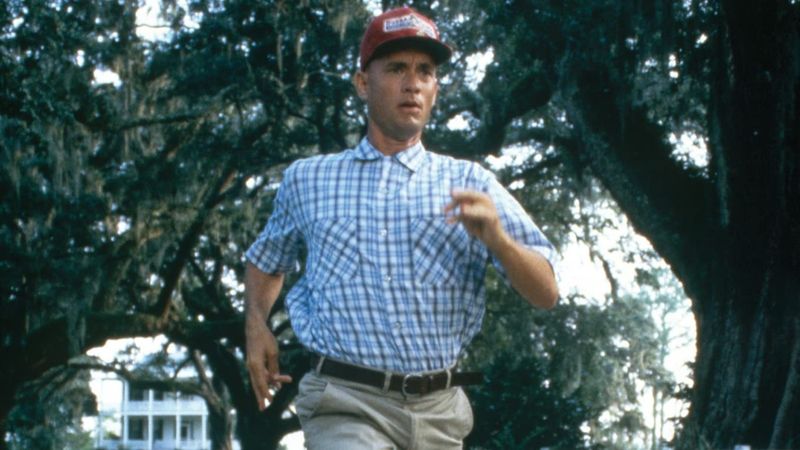
Movies give us heroes we love and villains we hate, but some characters do something even more powerful—they mirror the fears hiding deep inside us.
Whether it’s the terror of being alone, the worry about failing, or the dread of never being good enough, these movie characters carry our anxieties on screen. By watching them face what scares us most, we learn a little more about ourselves and maybe even find the courage to face our own fears.
1. Peter Parker / Spider-Man (Spider-Man)
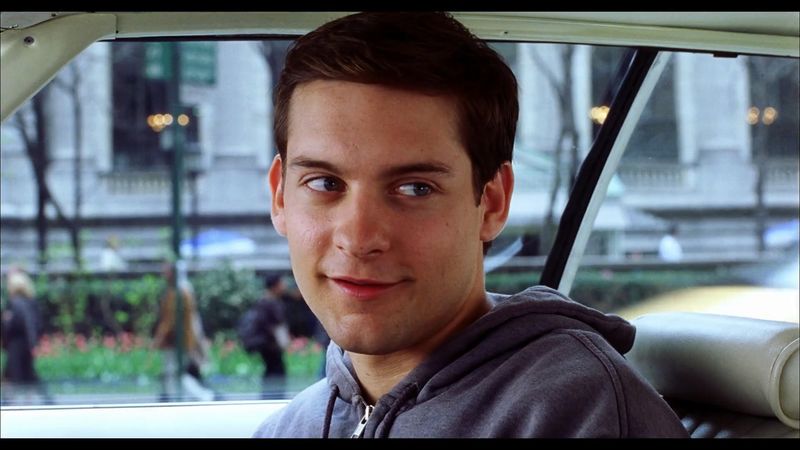
With great power comes great responsibility, and Peter Parker knows that burden all too well. He embodies our fear of not being strong enough to handle what life throws at us.
Every day, Peter worries about balancing school, relationships, and saving the city from disaster. His struggle shows us what happens when we’re terrified of letting people down. The weight of expectation crushes him sometimes, making him wonder if he’s truly cut out for heroism.
Yet Peter keeps going, even when doubt creeps in. His journey reminds us that feeling inadequate doesn’t mean we actually are. Sometimes the bravest thing is showing up despite the fear.
2. Aragorn (The Lord of the Rings)
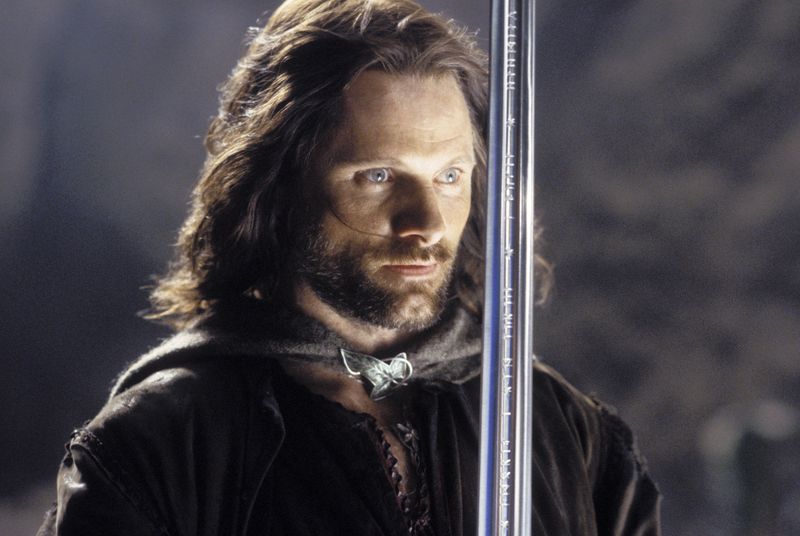
Aragorn spent decades running from his birthright as king because he feared repeating his ancestor’s mistakes. His character captures our deepest worry about inheriting failure or becoming like the people who disappointed us.
He doubted whether he possessed the strength to lead, wondering if weakness ran in his blood. This fear paralyzed him for years, keeping him in the shadows instead of stepping into greatness. The crown terrified him more than any battlefield ever could.
But when Middle-earth needed him most, Aragorn chose courage over comfort. His transformation teaches us that our past doesn’t define our future, and we can break cycles we never started.
3. Frodo Baggins (The Lord of the Rings)
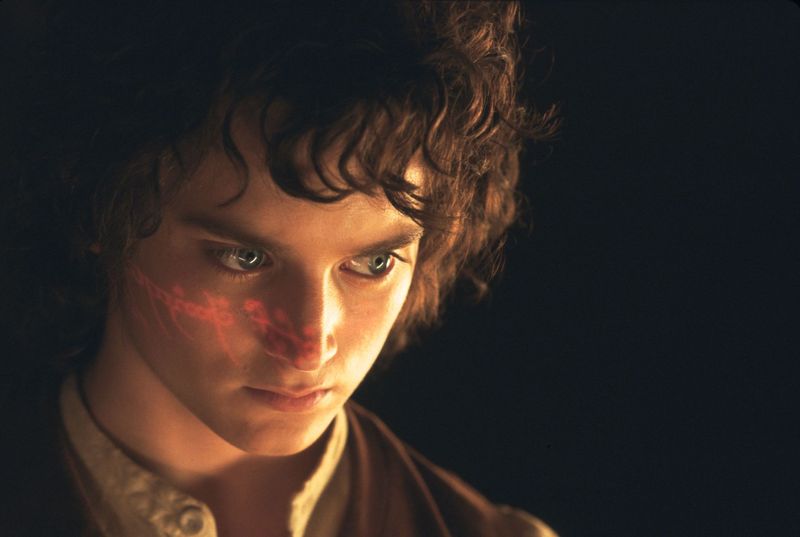
Carrying the One Ring nearly destroyed Frodo from the inside out, representing our fear of being consumed by our own struggles. He shows what happens when a burden becomes too heavy to bear alone.
The Ring slowly poisoned his mind, making him question his friends and his purpose. Frodo’s journey illustrates how darkness can creep into even the purest hearts when we’re overwhelmed. He feared losing himself completely, becoming something unrecognizable and evil.
Despite everything, Frodo completed his mission with help from those who loved him. His story proves that asking for support isn’t weakness—it’s survival when facing impossible odds.
4. Clarice Starling (The Silence of the Lambs)
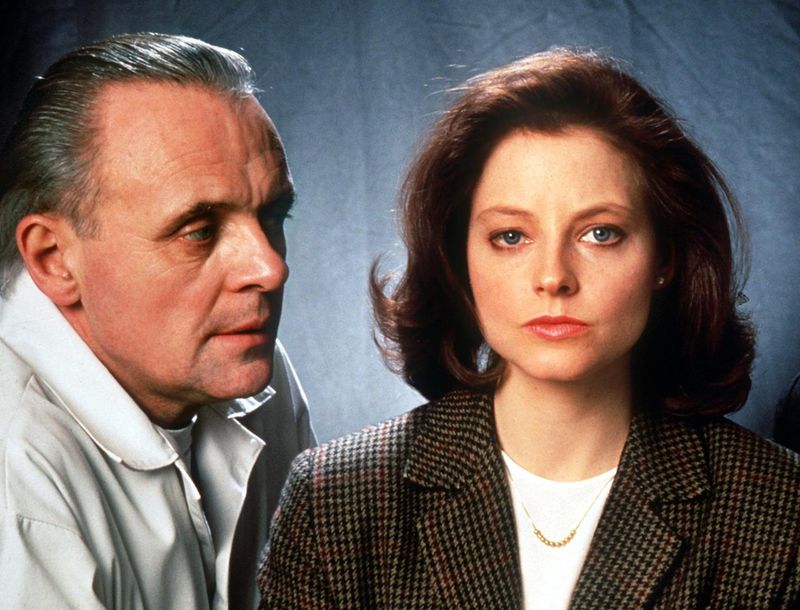
Clarice battles her traumatic past while hunting a serial killer, embodying our fear that childhood wounds will forever define us. Her nightmares about screaming lambs reveal how trauma echoes through our entire lives.
She constantly proves herself in a male-dominated field, terrified that people see her background instead of her abilities. Every case forces her to confront the powerlessness she felt as a child. The past chases her relentlessly, threatening to undermine everything she’s worked to become.
Yet Clarice uses her pain as fuel rather than letting it consume her. She demonstrates that our scars can become sources of strength if we face them head-on.
5. Andy Dufresne (The Shawshank Redemption)
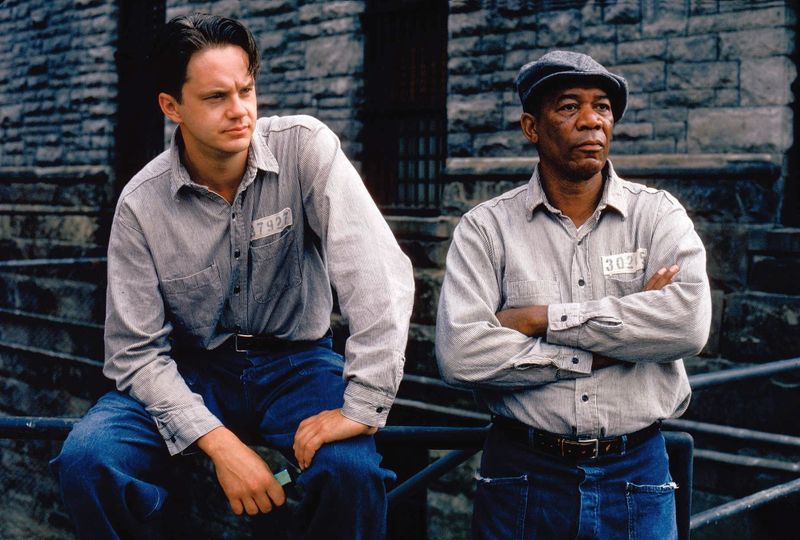
Wrongfully imprisoned for decades, Andy represents our terror of being trapped in circumstances beyond our control. His situation screams the nightmare of innocence meaning nothing when the system fails you.
Behind those prison walls, Andy faced the fear that hope might be foolish, that dreaming of freedom could drive you insane. Other inmates warned him that hope was dangerous in a place designed to crush spirits. The years stretched endlessly ahead, each day threatening to steal another piece of his soul.
But Andy never stopped believing in tomorrow, quietly planning his escape. His persistence shows that even in our darkest prisons—literal or metaphorical—hope remains our most powerful tool.
6. Andy Sachs (The Devil Wears Prada)
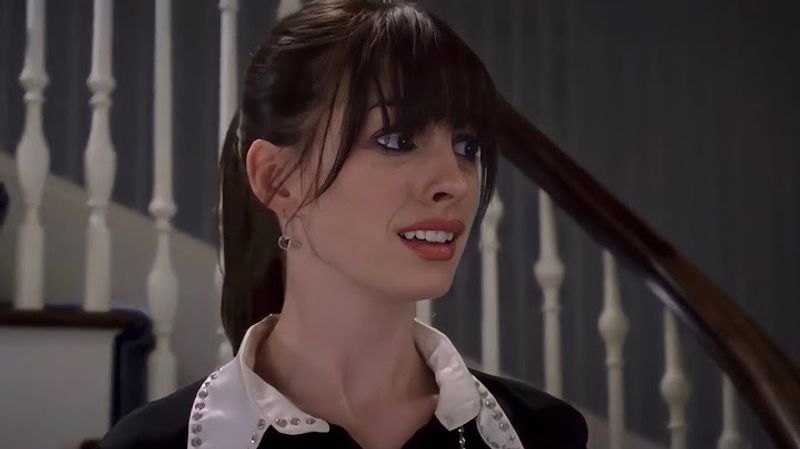
Fresh out of college, Andy lands her dream job only to discover it’s actually a nightmare that slowly erases who she is. She represents our fear of selling our soul for success.
The fashion industry demands she transform into someone unrecognizable, abandoning her values and relationships for career advancement. Andy watches herself become the person she once mocked, losing friends and integrity along the way. The mirror shows a stranger wearing expensive clothes but empty eyes.
Her breaking point arrives when she realizes no job is worth losing yourself completely. Andy’s choice to walk away reminds us that true success includes staying true to your core values, not just climbing ladders.
7. Atticus Finch (To Kill a Mockingbird)
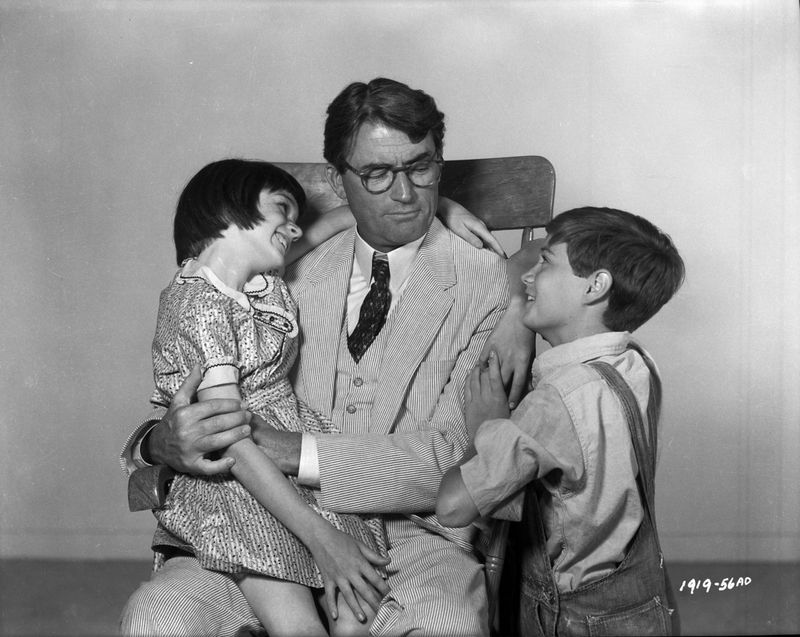
Standing alone against an entire town’s prejudice, Atticus embodies our fear of social rejection for doing what’s right. He knows defending Tom Robinson will make him an outcast, yet he proceeds anyway.
His children face bullying and his neighbors turn hostile, proving that righteousness often comes with a painful price tag. Atticus fears for his family’s safety while watching injustice triumph despite his best efforts. The courtroom defeat crushes him because he understands that sometimes courage isn’t enough to change broken systems.
Still, Atticus teaches his children that integrity matters more than popularity. His quiet heroism shows that moral courage means acting despite fear, not without it.
8. Elizabeth Bennet (Pride & Prejudice)
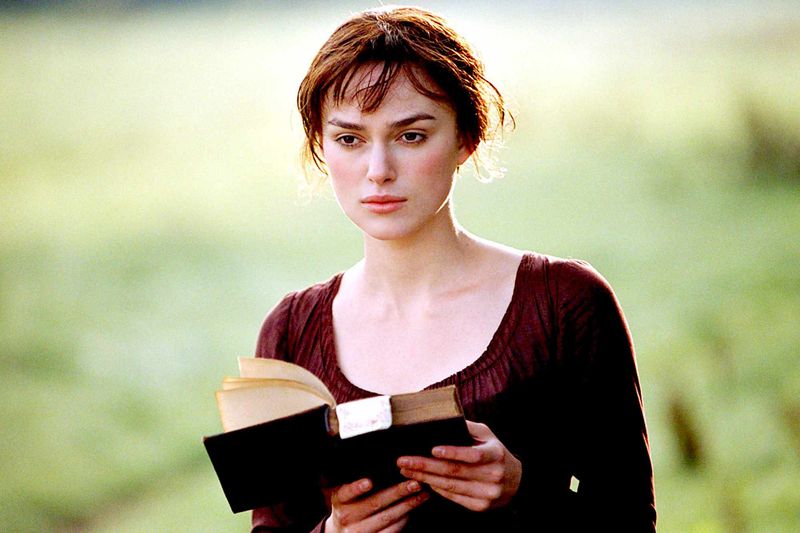
Elizabeth refuses to marry for money alone, even though poverty looms as a real threat for women in her time. She captures our fear of choosing between financial security and personal happiness.
Society pressures her to accept any decent proposal, warning that independence leads to ruin. Elizabeth watches her family’s desperation grow, knowing one wrong decision could doom them all. The terror of becoming a burden or living in poverty weighs heavily against her desire for genuine love.
Her eventual choice proves you don’t always have to sacrifice one for the other. Elizabeth shows that waiting for what you truly deserve, despite external pressure, can lead to having it all.
9. George Bailey (It’s a Wonderful Life)
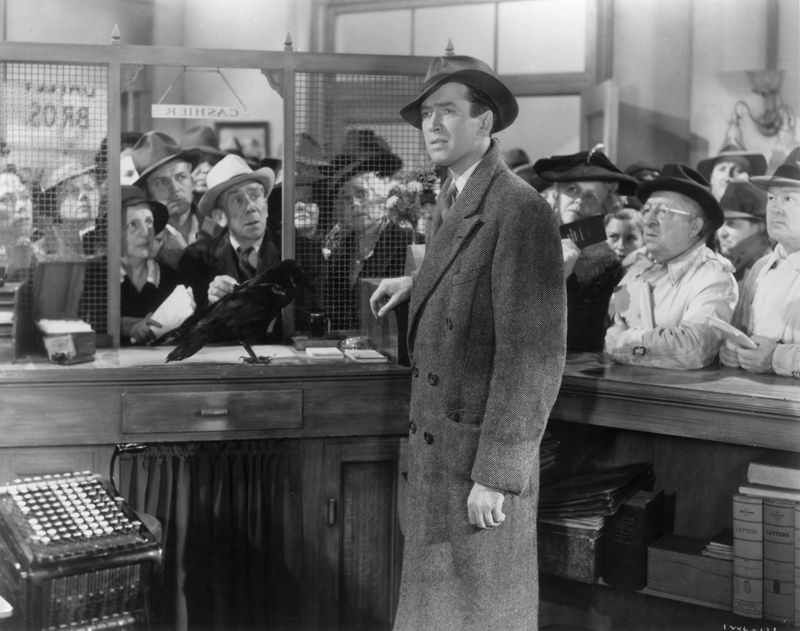
Watching friends chase their dreams while staying trapped in a small town feels like surrendering every hope you ever had. It speaks to that quiet fear that maybe your life doesn’t matter—that you’ve done nothing truly meaningful.
One devastating night, George believes his family would be better off without him. His business collapses, and he sees himself as worthless, a burden dragging everyone down. The bridge becomes his breaking point, where despair almost wins.
Only through supernatural intervention does George discover how profoundly he’s touched countless lives. His story reminds us that impact isn’t measured by fame or wealth, but by the ripples of kindness we create daily.
10. Bilbo Baggins (The Hobbit)
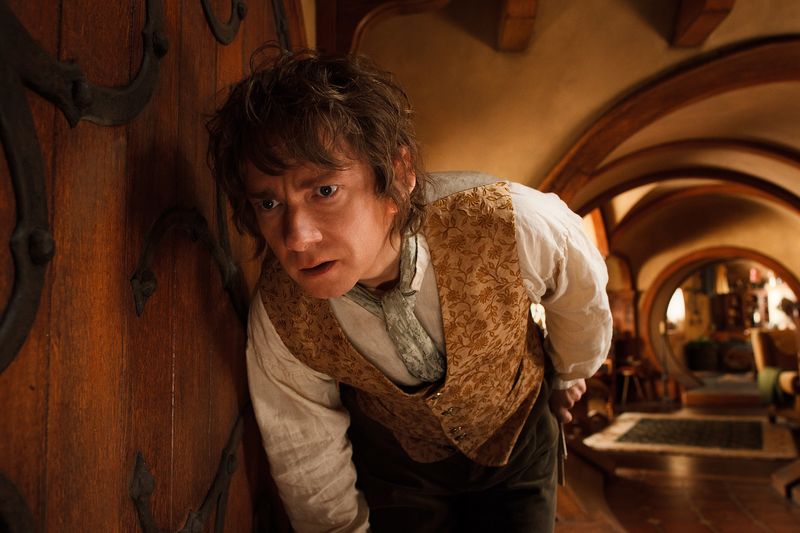
Comfortable in his hobbit-hole, Bilbo is terrified of adventure, change, and anything that disrupts his peaceful routine. He embodies our fear of leaving our comfort zones and discovering we’re not brave enough for the unknown.
The journey forces him to face dragons, trolls, and his own inadequacy compared to warrior dwarves. Bilbo constantly doubts why Gandalf chose him, believing he’s just a burden to the group. Every challenge confirms his suspicion that he doesn’t belong on this quest.
Yet through small acts of courage, Bilbo discovers unexpected strength within himself. His transformation teaches us that bravery isn’t the absence of fear, but taking action despite being absolutely terrified.
11. Phil Connors (Groundhog Day)
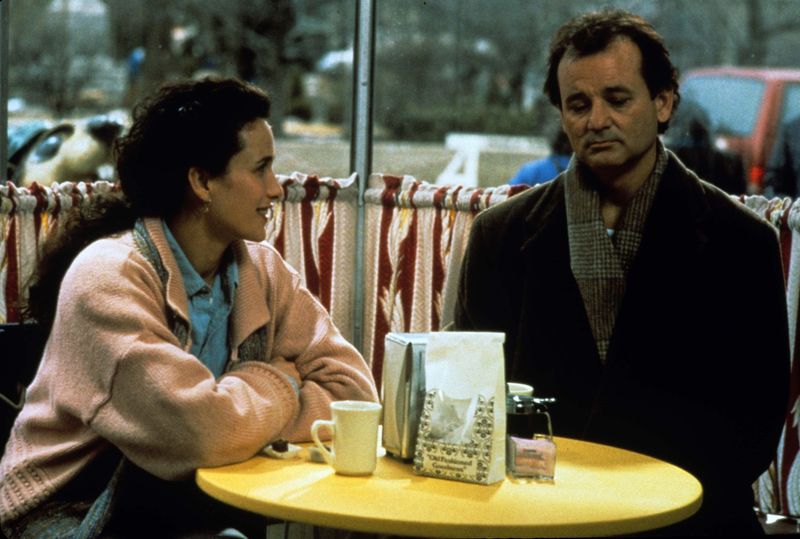
Waking up to the same day again and again captures that haunting fear that life might be meaningless—a loop without purpose or progress. At first comes despair, then reckless indulgence, and finally the desperate urge to escape it all.
Nothing Phil does matters because tomorrow always resets to today. Phil realizes that consequences disappear when every action gets erased, making existence feel pointless. The loop becomes a prison where growth seems impossible and change is an illusion.
Eventually, Phil discovers meaning through self-improvement and helping others, breaking the cycle. His journey reveals that purpose comes from who we become, not what we accomplish, transforming monotony into opportunity for growth.
12. Erin Brockovich (Erin Brockovich)
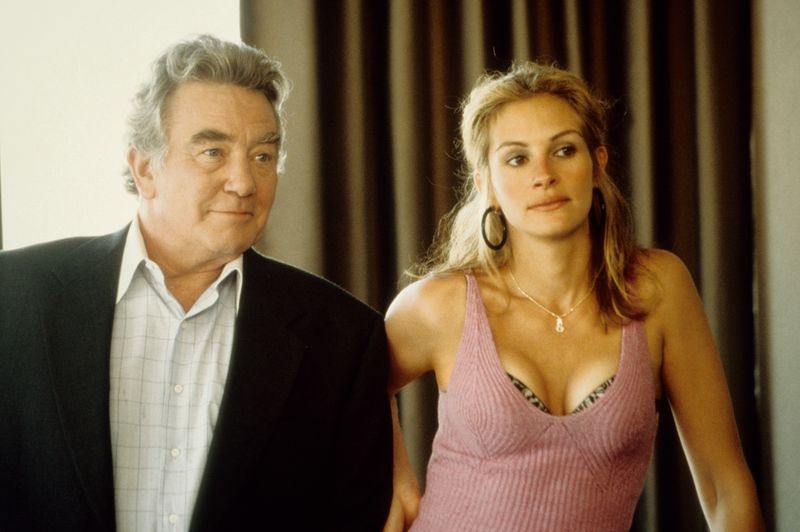
Without a college degree or legal training, Erin battles massive corporations while everyone underestimates her. She represents our fear of not being qualified enough, of being dismissed because we don’t fit traditional molds of success.
People constantly question her credibility, mocking her appearance and background instead of listening to her evidence. Erin struggles with impostor syndrome, wondering if she truly belongs in a world of lawyers and experts. Balancing motherhood and her career adds another layer of guilt and inadequacy.
Despite everything, Erin’s determination and street smarts win justice for hundreds of families. She proves that expertise comes in many forms, and passion combined with hard work can overcome any credential gap.
13. Neo (The Matrix)
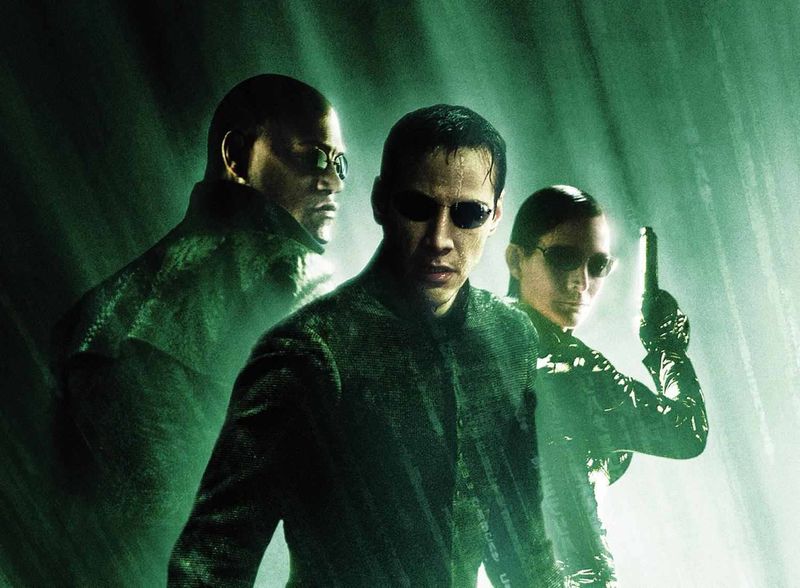
Neo discovers his entire reality is a computer simulation, representing our fear that nothing we experience is real or meaningful. The red pill reveals that everything he trusted was a carefully constructed lie.
His awakening is terrifying because it means questioning absolutely everything he believed about existence. Neo must accept that his memories, relationships, and accomplishments were all illusions in a digital prison. The truth offers freedom but destroys the comforting certainty of his former life.
Choosing harsh reality over comfortable delusion becomes Neo’s defining moment. His story asks whether we’d rather live happily deceived or face difficult truths, challenging us to examine our own willingness to question everything.
14. Margo Roth Spiegelman (Paper Towns)

Margo’s escape is less about leaving home and more about escaping a version of herself she never chose. She represents the quiet dread of living a life scripted by others instead of discovering our own.
Her perfect exterior hides a girl suffocating under the weight of expectations and shallow relationships. Margo realizes her entire existence feels fake, like a paper town on a map—appearing real but ultimately empty. The fear of continuing this performance forever drives her to disappear completely.
Her journey toward self-discovery shows that sometimes running away is actually running toward yourself. Margo teaches us that finding authenticity requires courage to disappoint people who love the mask you wear.
15. Forrest Gump (Forrest Gump)
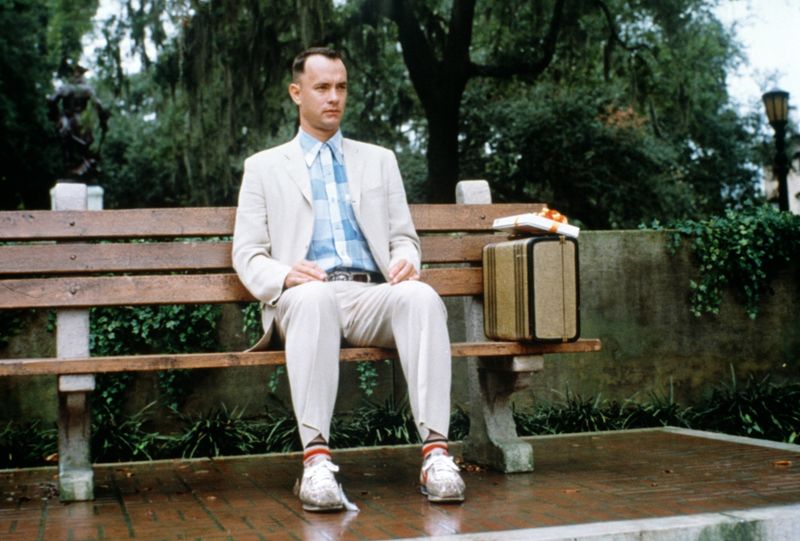
Born with below-average intelligence, Forrest faces a world that constantly underestimates and ridicules him. He embodies our fear of being different, of not fitting in or measuring up to society’s standards of normal.
People mock his limitations throughout his childhood, making him believe he’s less valuable than others. Forrest worries about understanding social cues and keeping up with conversations. His disability makes simple tasks complicated and invites judgment from strangers who see only his differences.
Yet Forrest’s pure heart and determination lead him to extraordinary achievements nobody predicted. His life proves that success isn’t defined by intelligence alone, and being different doesn’t mean being less—sometimes it means being extraordinary in unexpected ways.

Comments
Loading…